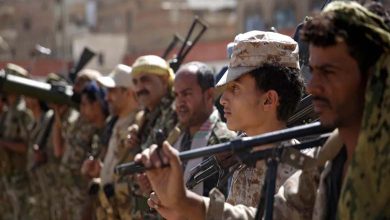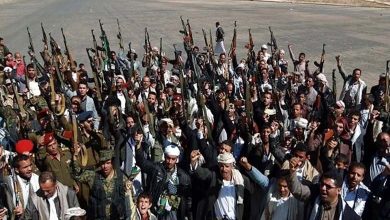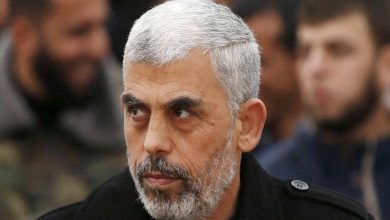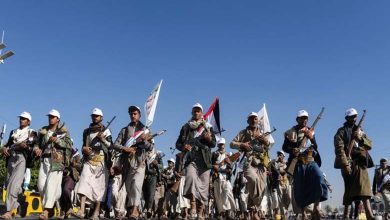The Iraqi Parliament amends the election law to impose the dominance of large political parties

The Iraqi parliament approved at dawn on Monday an amendment to the parliamentary election law, a return to a law that was adopted before the October 2019 demonstrations. The law has aroused the ire of small and independent parties, which believe it serves the interests of large parties and blocs, especially the Coordination Framework Alliance, which strongly supported the law.
The overnight session was chaotic. Many independent MPs were expelled from the chamber after voicing their opposition to the law, according to videos filmed by MPs.
In a statement issued by the Council of Representatives, the Council of Representatives voted at its 16th session… at dawn on Monday in the presence of 218 representatives on the Third Amendment Law for the Elections of the Council of Representatives and the Provincial and District Councils, No. 12 of 2018.”
The Coordination Framework has a majority in parliament, an alliance of Shiite parties close to the majority of Iran that supports the current Prime Minister Mohammed Shia’ Al Sudani.
The law is a return to the 2018 law that was rejected by the protest movement in fall 2019. The protestors then achieved the demand of a new election law that allowed independent candidates to win, as independents won 70 of the 329 seats in the 2021 elections.
Thus, the parliamentary and provincial council elections expected in November will be held on the basis of the amended law. In the autonomous Kurdistan region of Iraq, local parliamentary elections will be held on November 18, according to a different law.
The new amended election law makes each province one electoral district, or 18 districts, abolishing the 83 districts that were approved in the last election.
Sajjad Jiyad, a political researcher at the Century Foundation, said the single district will make it “easier for politicians from parties to win seats”. On the other hand, it will “make it harder for candidates from small and independent parties to compete at the provincial level”, he said.
Under the amended law, votes will be counted in the proportional way known as “Sant’Lego”, which opponents of the law believe serves large parties as well.
In a tweet, Sajjad Jayyad said that proportional counting of votes “also serves the major parties and makes it possible for their candidates who did not receive enough votes to win seats in the first place”.
Parliamentarian Alaa al-Rikabi of the Independent Imtidad Bloc said that “small parties will not have any hope of obtaining representation in parliament” and that they would be “crushed” if the new law is implemented.
Baha’eddin al-Nouri, a member of parliament from the Coordination Framework Council, said his bloc supports the law because “it depends on the distribution of seats for any bloc according to its popular weight, which will lead to the formation of the government within the constitutional timeframe”, thus avoiding long negotiations, as happened after the 2021 elections.
The Iran-backed coordination framework seeks to dominate political life by controlling state affairs and passing laws that serve its interests and influence.












